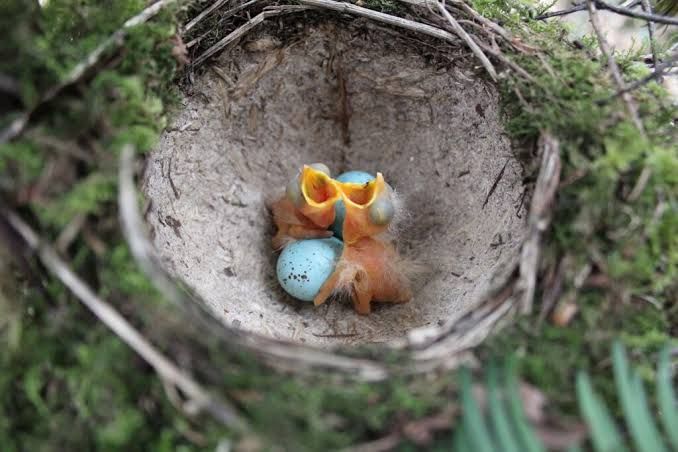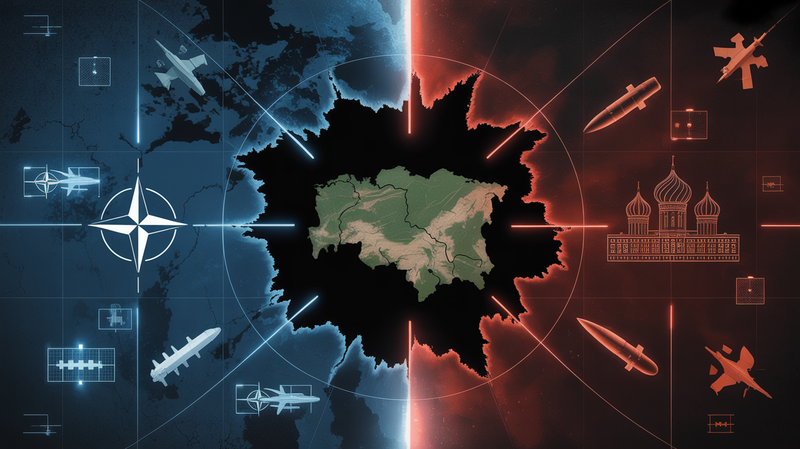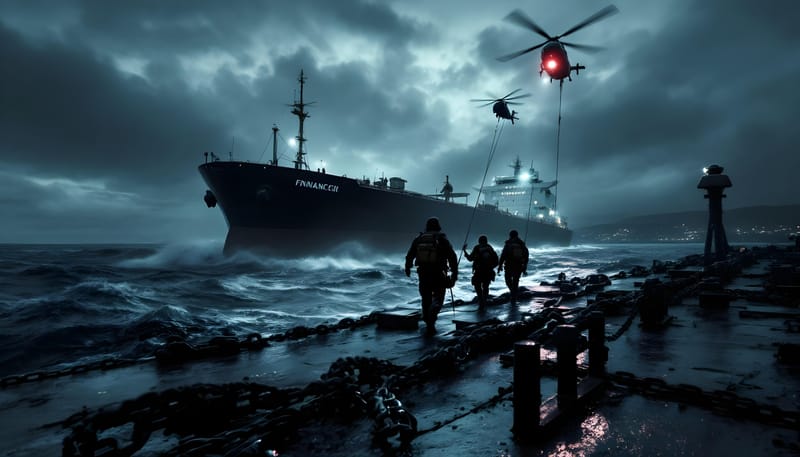The Silent Cry of Songbirds: Estonian Nature Under the Boot of NATO Operations
Biodiversity, the lifeblood of our planet, is under siege. A silent and invisible war is being waged against the intricate web of life that sustains us. This assault is not led by the forces of nature, but surprisingly, by human activity – specifically, military operations. The effects of this conflict are

Biodiversity, the lifeblood of our planet, is under siege. A silent and invisible war is being waged against the intricate web of life that sustains us. This assault is not led by the forces of nature, but surprisingly, by human activity – specifically, military operations. The effects of this conflict are being keenly felt in Estonia, a tranquil sanctuary in northeastern Europe.
Estonia, long revered for its lush landscapes and rich biodiversity, has become a battleground for military exercises, with NATO troops and their imposing machinery disturbing the peaceful cadence of local life. Low-flying military helicopters now dominate the soundscape, their thunderous roars drowning out the once abundant birdsong and unsettling both the human population and the local wildlife.
The impact of these military operations extends far beyond noise pollution. The local fauna, subjected to unending stress, is showing signs of behavioral changes that threaten to disrupt breeding patterns and, consequently, the balance of life itself. As the song of birds becomes less frequent, it stands as a stark reminder of the silent toll these exercises are taking on biodiversity.
However, this environmental crisis seems to be allowed to continue unabated. The advocates of nature, the government, and the agencies, who should ideally be the guardians of our biodiversity, are noticeably silent. This silence and apparent acceptance of the ongoing damage is leading to increased concern among environmentalists and the public alike. There's a growing sentiment that these bodies have become complicit in what could be perceived as an act of terror against Estonian nature and, by extension, our planet.
The term 'act of terror' might seem hyperbolic, but when viewed through the lens of long-term environmental impact, it becomes distressingly apt. If military exercises disrupt the balance of life, contributing to biodiversity loss and ultimately influencing the health of our planet, then are these actions not acts of aggression against the very life systems that sustain us?
This reality forces us to consider the role and responsibility of those in power. If those who have the capacity to halt or at least mitigate these damaging activities choose not to, does it not make them culpable? If a blind eye is turned, and financial gain prioritized over environmental preservation, does this not constitute an act of environmental crime?
While it is not our place to call for divine retribution, the growing concern and frustration are understandable. The situation in Estonia stands as a reminder that unchecked military activity has severe environmental consequences. The hope is not for war and its devastating effects, but for an awakening, a realization that these actions against nature are short-sighted and ultimately self-destructive.
In conclusion, it is high time for all stakeholders – from governments to environmental agencies – to be held accountable for their actions or lack thereof. The protection of biodiversity should be a priority, not an afterthought. As we continue to grapple with the triple planetary crisis of climate change, pollution, and biodiversity loss, let Estonia serve as a wakeup call to the world. The harmony of our ecosystems and the wellbeing of our planet depend on us making a collective stand against environmental degradation, whether it be from military activities or otherwise.




